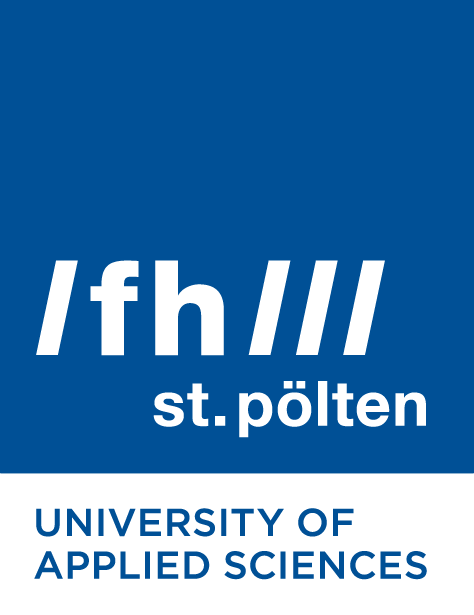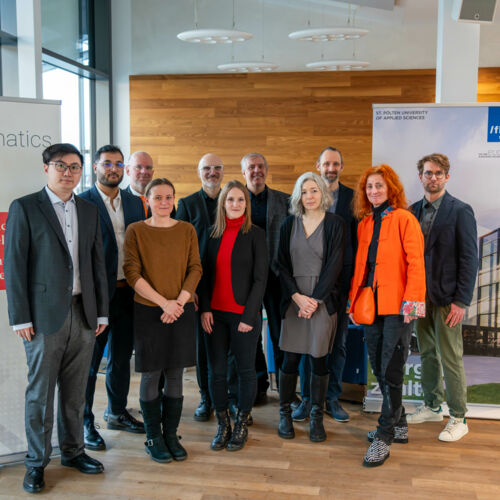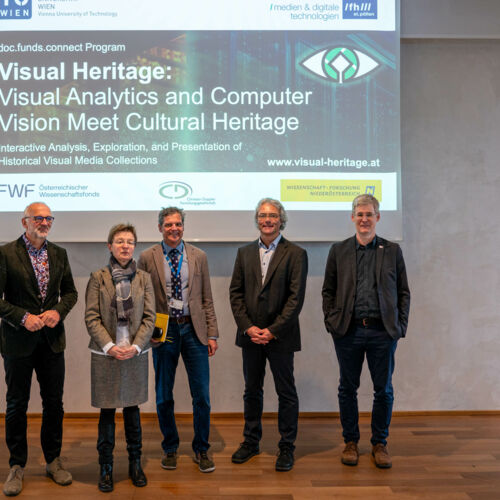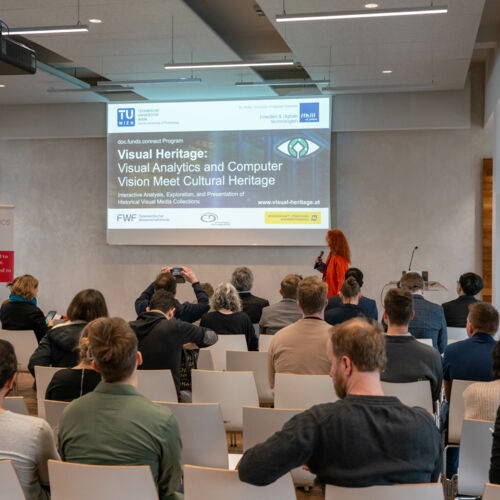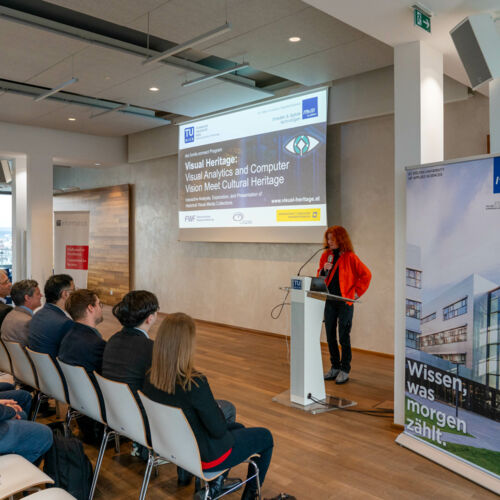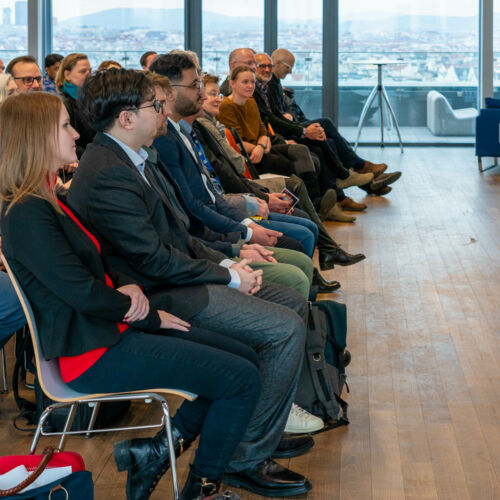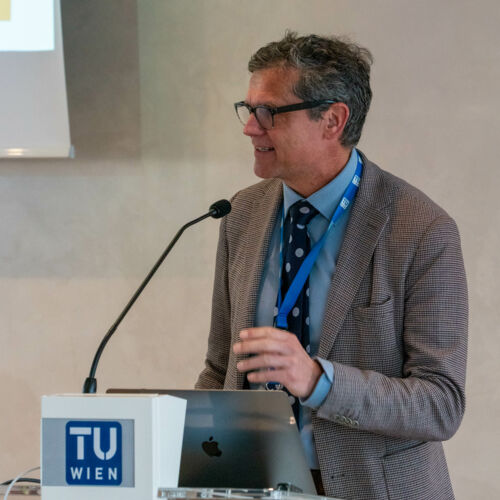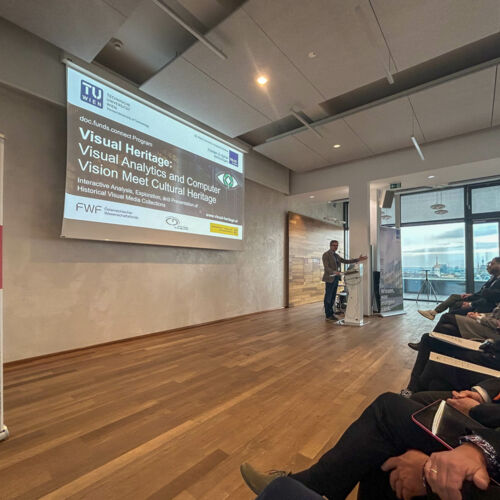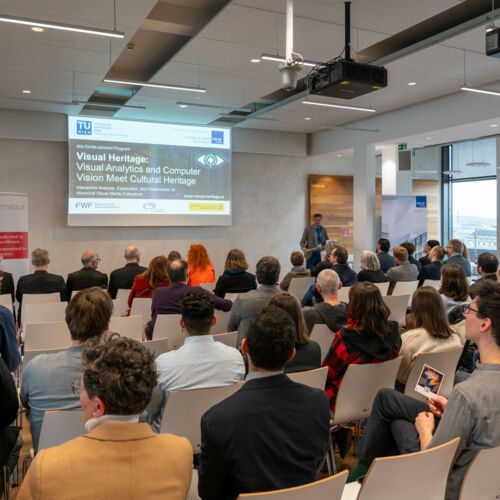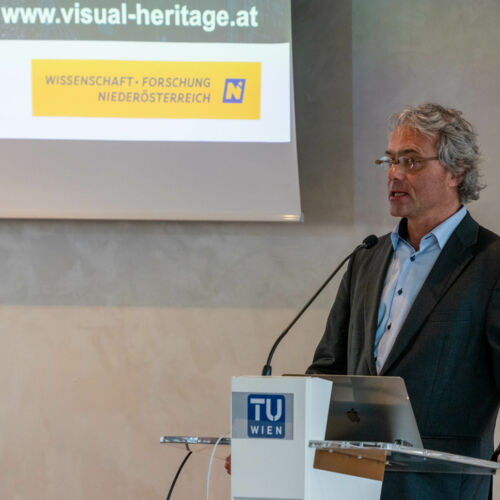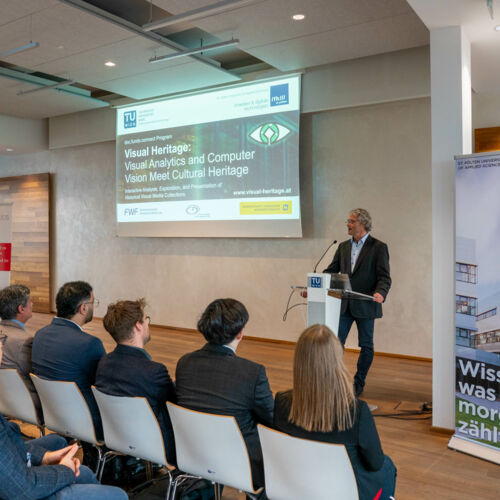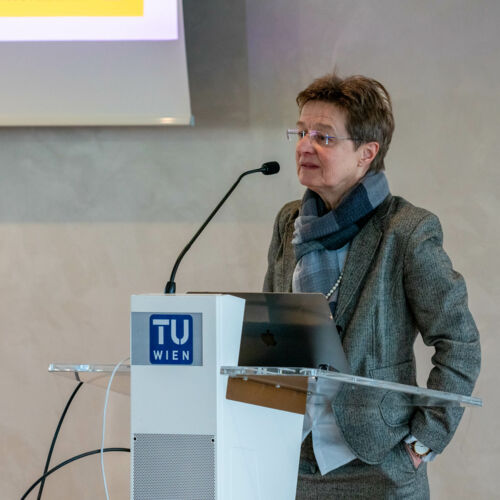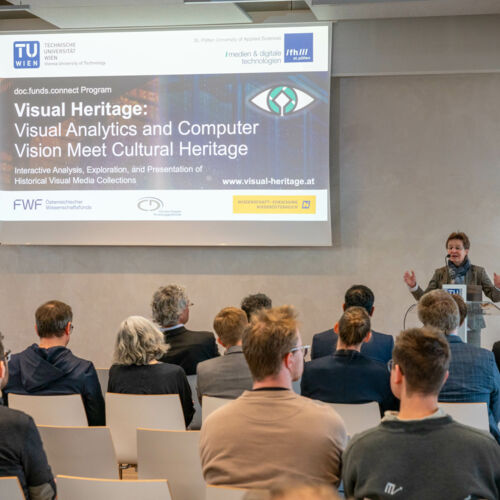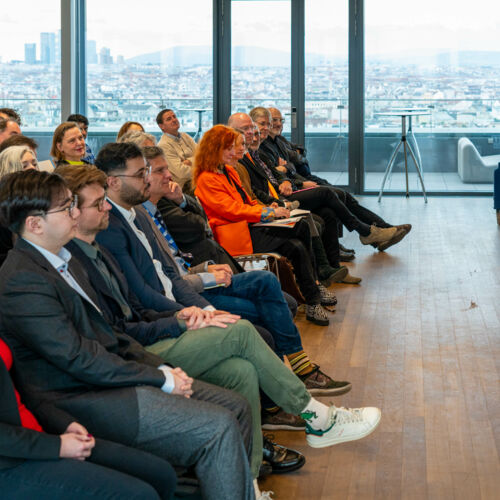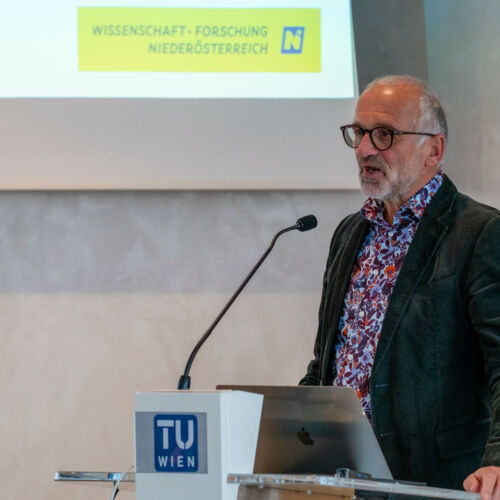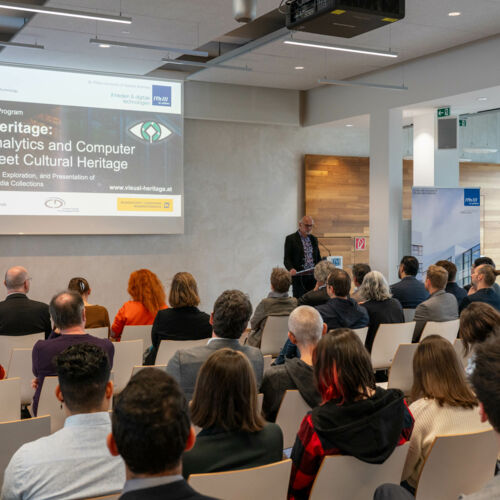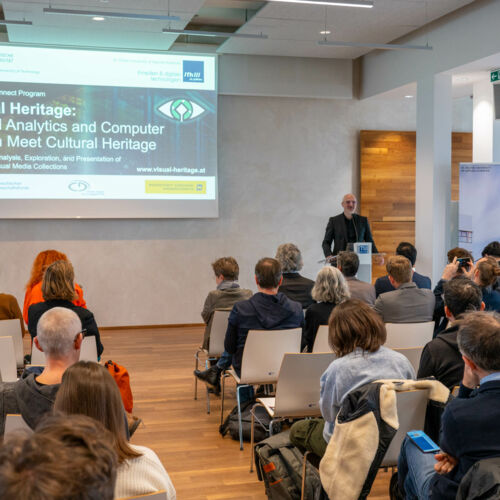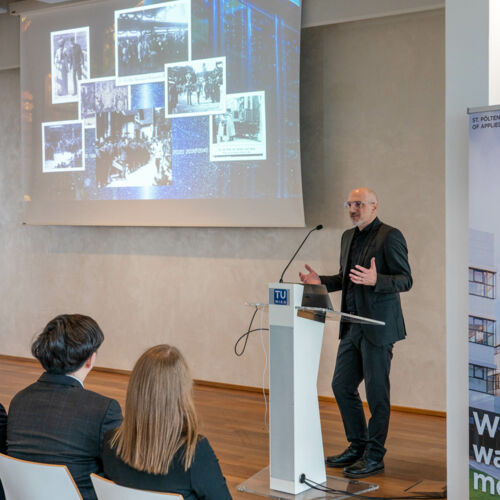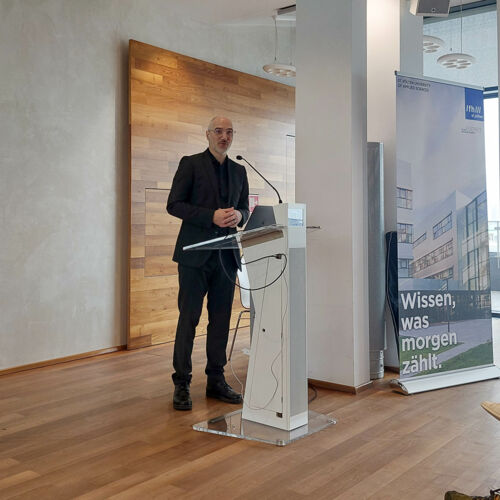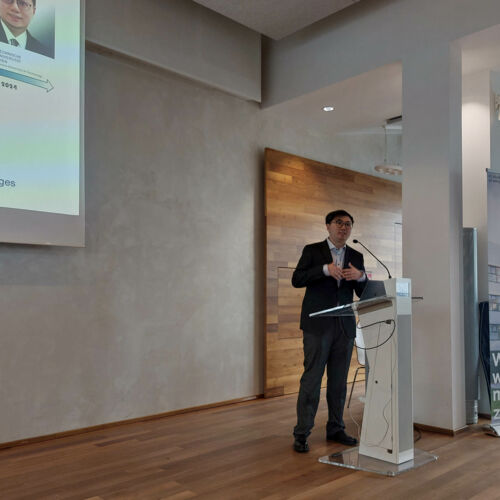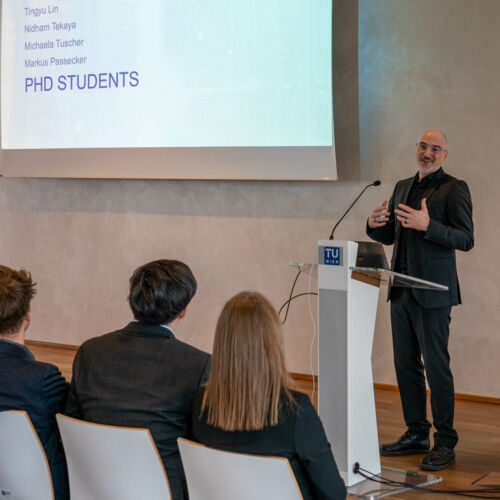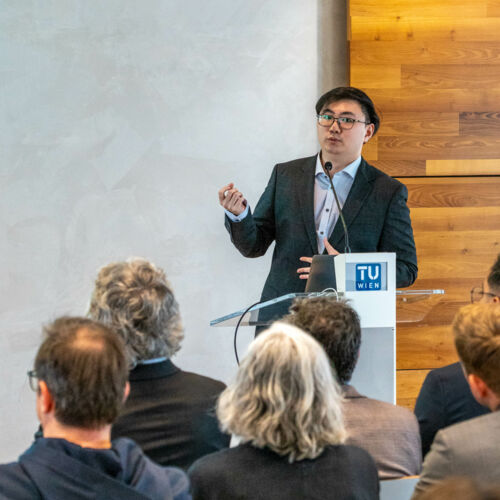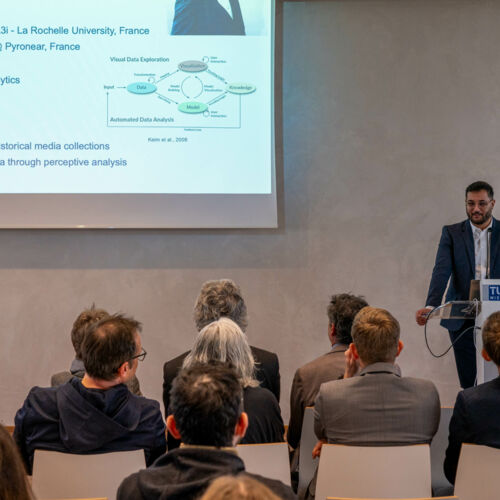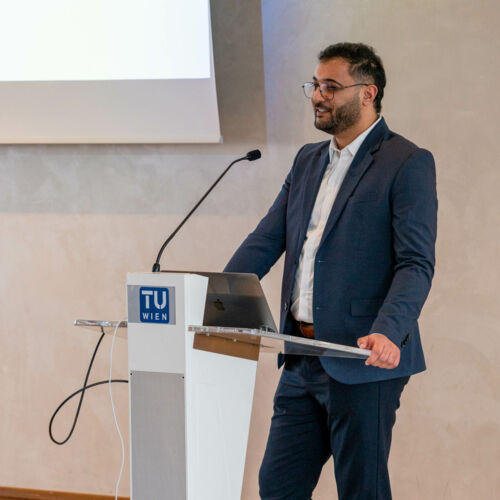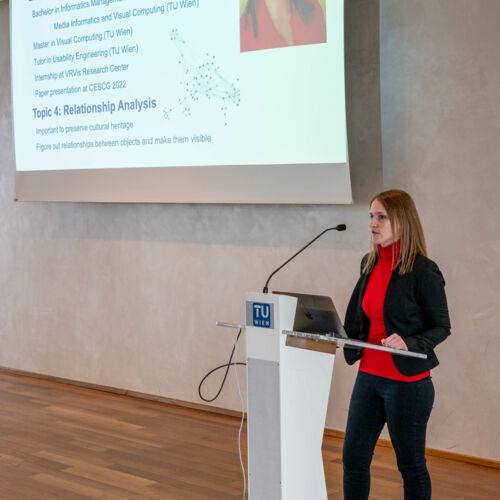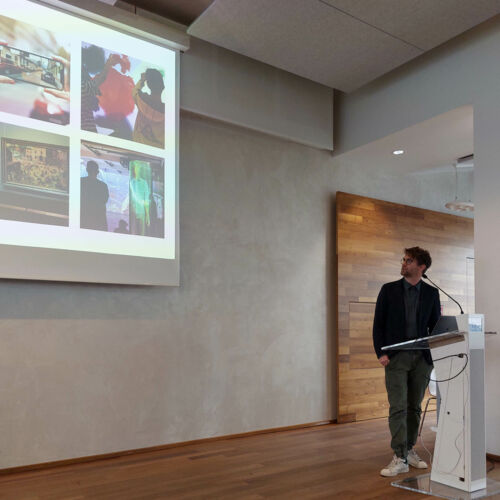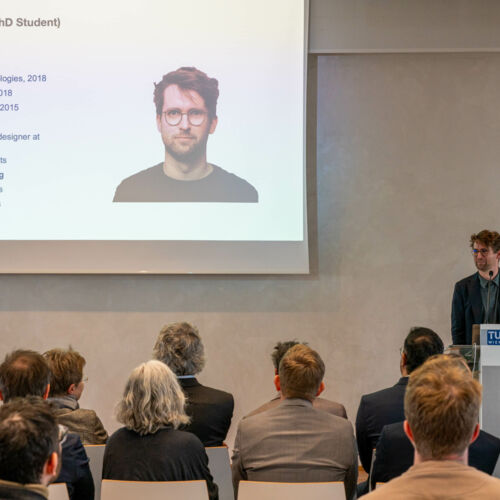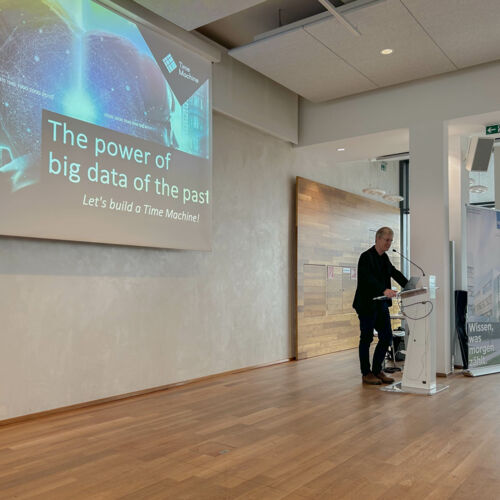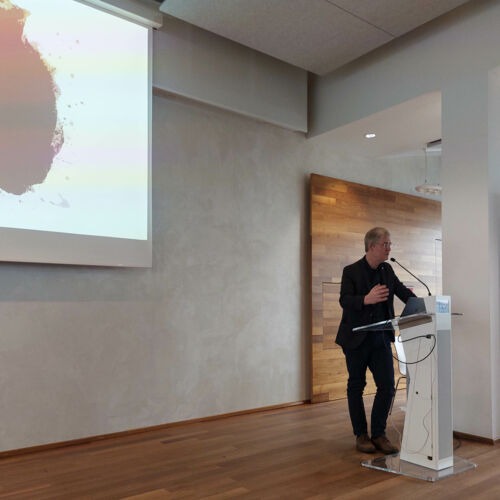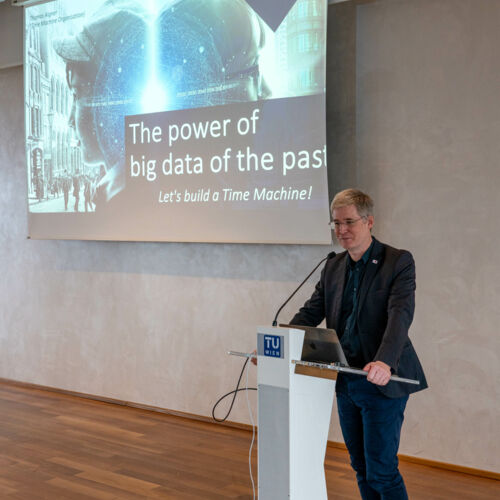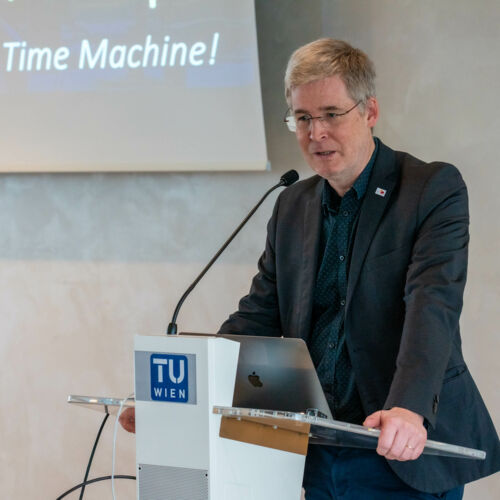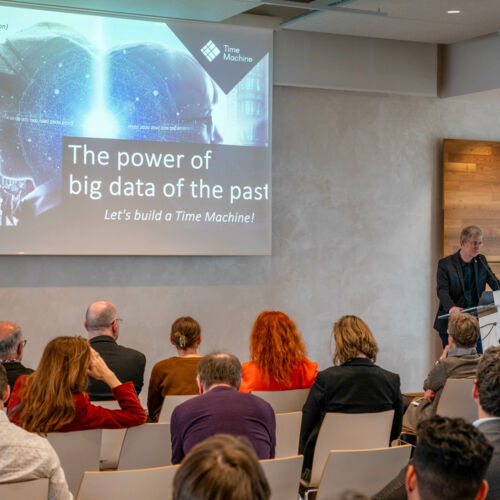Unlocking Cultural Heritage: Successful Launch of "Visual Heritage" PhD Program
In an event held in Vienna yesterday, the Technische Universität Wien (TU Wien) and St. Pölten University of Applied Sciences (FH St. Pölten) officially inaugurated the collaborative PhD program, "Visual Heritage." Funded by the Austrian Science Fund (FWF) and in partnership with the Christian Doppler Research Association (CDG) under the doc.funds.connect program, this initiative brings together TU Wien and St Pölten University of Applied Sciences to delve into the analysis and exploration of large-scale media collections from our cultural heritage.
Rector Jens Schneider of Technische Universität Wien set the tone for the event, stating unequivocally, "There are no barriers in science." He highlighted the program's unique approach, emphasizing collaboration over distinctions, especially given the joint participation of both university and university of applied sciences (FH). Rector Schneider also underscored the significance of cultural heritage, particularly in the broader Vienna region, and mentioned that TU Wien and St. Pölten University of Applied Sciences are members of European University Alliances.
Hannes Raffaseder, Chief Executive Officer of St. Pölten University of Applied Sciences, celebrated the occasion as a major stride for the FH St. Pölten. He expressed the emotional resonance of the moment and reflected on the success story of research and the Institute of Creative\Media/Technologies (ICMT) over the last 15 years. Raffaseder envisioned further cooperation possibilities between TU Wien and St. Pölten University of Applied Sciences, particularly within the framework of European University Alliances.
Gerti Kappel, the Dean of Informatics at TU Wien, affirmed that the program's focus on Visual Computing for Cultural Heritage is not only timely but crucial. She commended the strength of the team, consisting of individuals with experience in both FH and university settings.
Alois Frotschnig, Head of the Board at St. Pölten University of Applied Sciences, highlighted the vital role that doctoral programs play in elevating the academic quality of their staff. He emphasized that, beyond practical orientation, research-based teaching is a core responsibility of the Universities of Applied Sciences.
Silvia Miksch, Co-Coordinator of the cooperative PhD program, moderated the event, introducing representatives of organizations and underscoring their personal connections to the program's theme. Wolfgang Aigner, the program's coordinator, provided a comprehensive overview, introducing faculty members and sharing insights into the selection process for PhD students. The PhD students Michaela Tuscher, Nidham Tekaya, Markus Passecker and Tingyu Lin (林莛庾) introduced themselves and provided an outlook on the dissertation topics they will be working on.
The brilliant keynote address entitled "The power of big data of the past" was given by Thomas Aigner, Vice President of the Time Machine Organization. A historian and archivist, Aigner discussed the revolutionary transformation of cultural heritage and emphasized the importance of open data. He highlighted the incredible technological possibilities for preserving and making cultural heritage accessible, urging the audience to recognize their role in a collective effort.
As the curtain falls on this inaugural event, the "Visual Heritage" cooperative PhD program sets the stage for an exciting journey of collaborative research. With four out of five funded positions already filled, the program sets sail to make significant contributions to the intersection of technology and cultural heritage.
Photos
Copyright: TU Wien & FH St. Pölten (Johannes Eschner, Silvia Miksch, Wolfgang Aigner)

